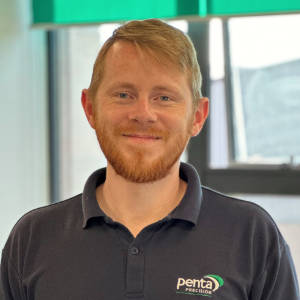 by Sam Brown
by Sam Brown
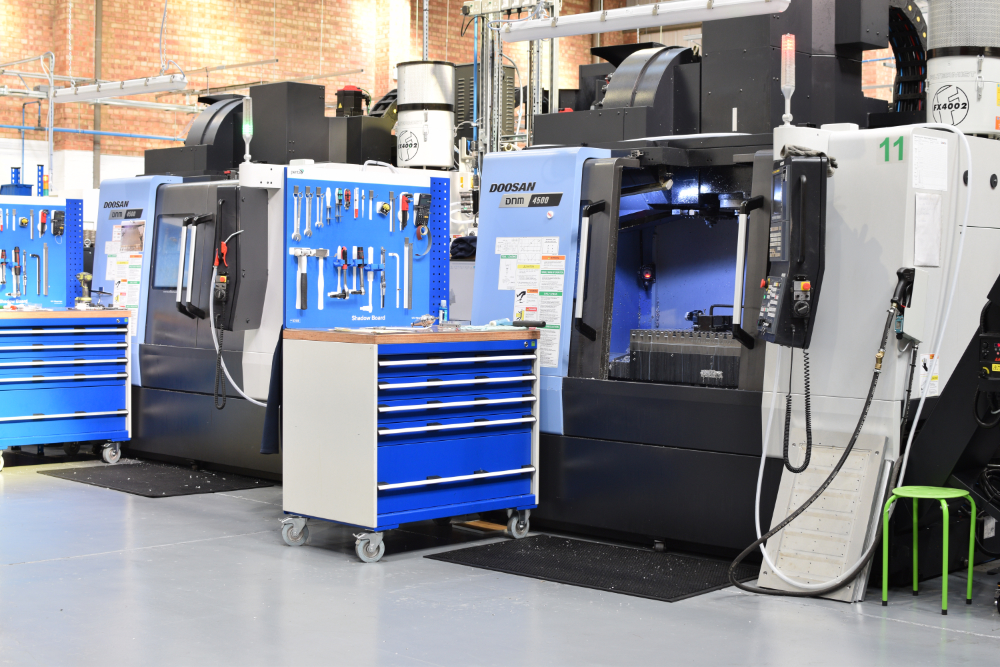
CNC machining is a powerful manufacturing process that uses computer-controlled tools to create parts from a digital design. It’s a versatile and precise method used across diverse industries to produce everything from intricate medical devices to high-performance aerospace components.
The trouble is that it sometimes has a bit of an image problem. Some buyers and procurement teams, particularly those less familiar with CNC machining, might have some misconceptions about its capabilities and suitability for their projects.
In this blog, I’m going to debunk these common myths and shed light on the true potential of CNC machining.
Addressing common misconceptions
1. “CNC machining is only for large production runs”
Myth: sometimes we chat with buyers who are under the impression that CNC machining is only cost-effective for large quantities.
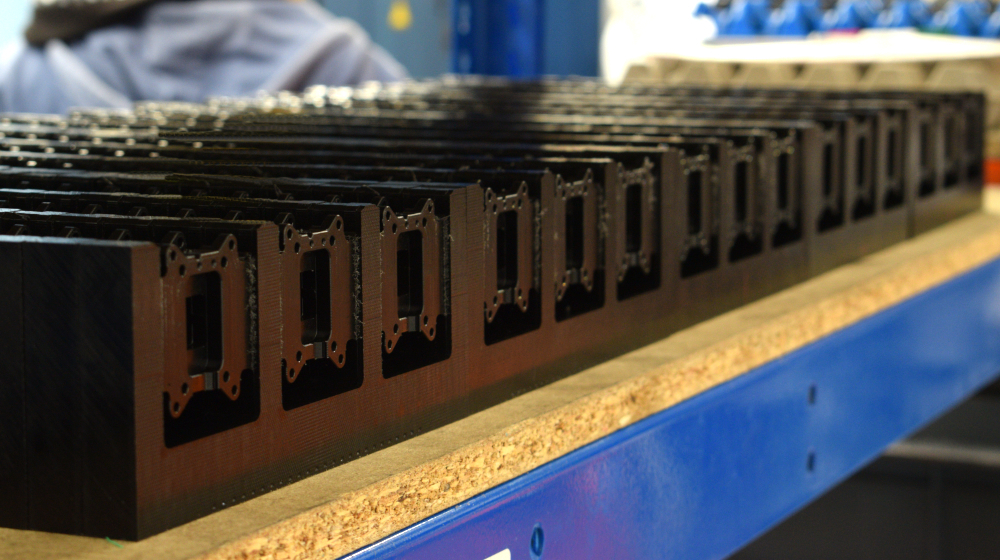
Reality: CNC machining is suitable for small and medium production runs too. Here’s why:
- Reduced set-up time – unlike injection moulding, CNC machining eliminates the need for extensive setup for each part. This significantly reduces setup time, making small-batch production fully feasible.
- Precision and repeatability – CNC machining lends itself to consistent, high-precision parts, minimising the risk of rejects commonly associated with manual processes. This can save time and money in the long run.
- Minimal material waste – CNC machining optimises material usage, leading to minimal waste compared to traditional methods. This not only reduces material costs but also promotes improved sustainability.
CNC machining is a perfect solution for prototyping and custom parts production due to its flexibility, precision, and efficiency in handling small batches. Whether you're creating one-off prototypes or producing repeatable parts in moderate volumes, working with a reliable CNC machining partner can ensure both quality and cost-effectiveness at every stage.
2. “CNC machining is too expensive”
Myth: the perception exists that CNC machined parts are inherently more expensive than those produced through other methods.
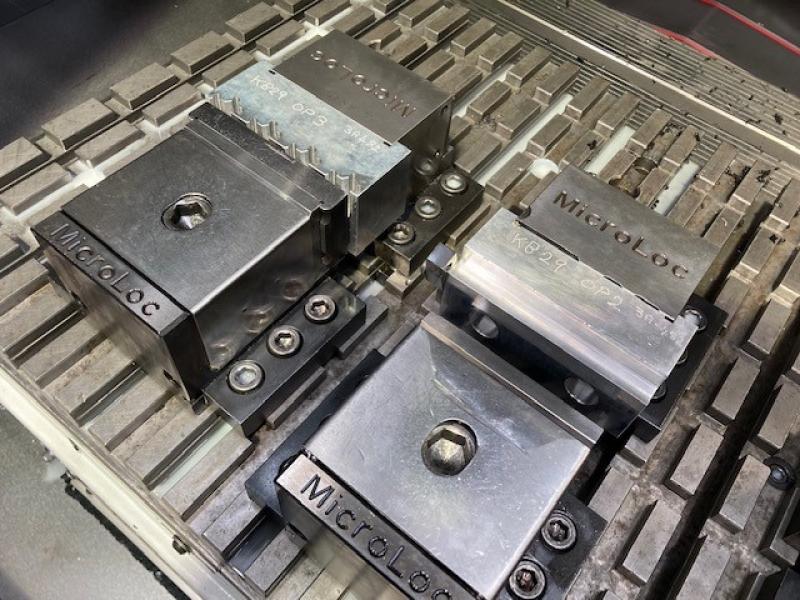
Reality: this misconception often overlooks the long-term cost benefits. These include:
- Durability - CNC machined parts are known for their exceptional durability. This translates to longer-lasting components requiring less frequent replacement, ultimately reducing overall costs.
- Dimensional accuracy – with the right machining company, you can rely on CNC machining to produce an accurate part with tight tolerances where needed.
- Reduced need for post-processing – due to the exceptional finish of CNC machined parts, post-processing isn’t always required.
- Long term relationships – when you choose the right CNC machining supplier, there are long-term cost benefits to a continued collaboration.
CNC machining vs manual machining vs 3D printing vs injection moulding: how do the costs stack up?
As well as long term cost benefits, CNC machining also has a smaller upfront cost than some other manufacturing methods. Let’s delve into CNC machining costs versus its main competitors…
CNC machining:
- Upfront costs – relatively low. Primarily involves programming and setting up the CNC machine. Tooling also needs to be factored in in some cases.
- Unit cost – varies depending on factors like material, complexity, tolerance, surface finish, and batch size. Generally, you can bring down the cost per unit as the quantity of parts ordered increases due to reduced setup time per unit.
Manual machining:
- Upfront costs – low to moderate. It requires basic tools and machinery, but setup can be time-consuming for complex parts.
- Unit cost – generally higher than CNC machining due to slower production speed and increased labour costs. The complexity of the part can significantly impact cost.
3D printing:
- Upfront costs – low to moderate. The equipment itself can be pricy but there are no tooling costs like CNC machining or injection moulding.
- Unit cost – can vary significantly depending on the printing technology and material used (although materials tend to be more costly than those used for CNC machining). It is generally more expensive than CNC machining for similar parts.
Injection moulding:
- Upfront costs – very high. Injection moulding requires custom moulds which adds in additional process. The mould would usually be CNC machined or 3D printed. These costs are justified for very high production volumes where the per-part cost drops significantly.
- Unit cost – after the initial investment in designing and manufacturing the mould, the per-unit cost is low, making it ideal for high-volume production.
3. “CNC machining is too slow”
Myth: many perceive CNC machining as a slow manufacturing process.
Reality: advancements have significantly improved efficiency. Here are some of the ways that CNC machining has moved on and areas it continues to advance in:
- High-speed machining – modern CNC machines operate at high speeds, significantly reducing machining time compared to traditional methods.
- Lights-out machining – automation enables lights-out machining, allowing continuous operation without human intervention, maximising production throughput.
- Simultaneous multi-axis operations – multi-axis CNC machines can perform multiple operations simultaneously, further accelerating production compared to single-axis machining.
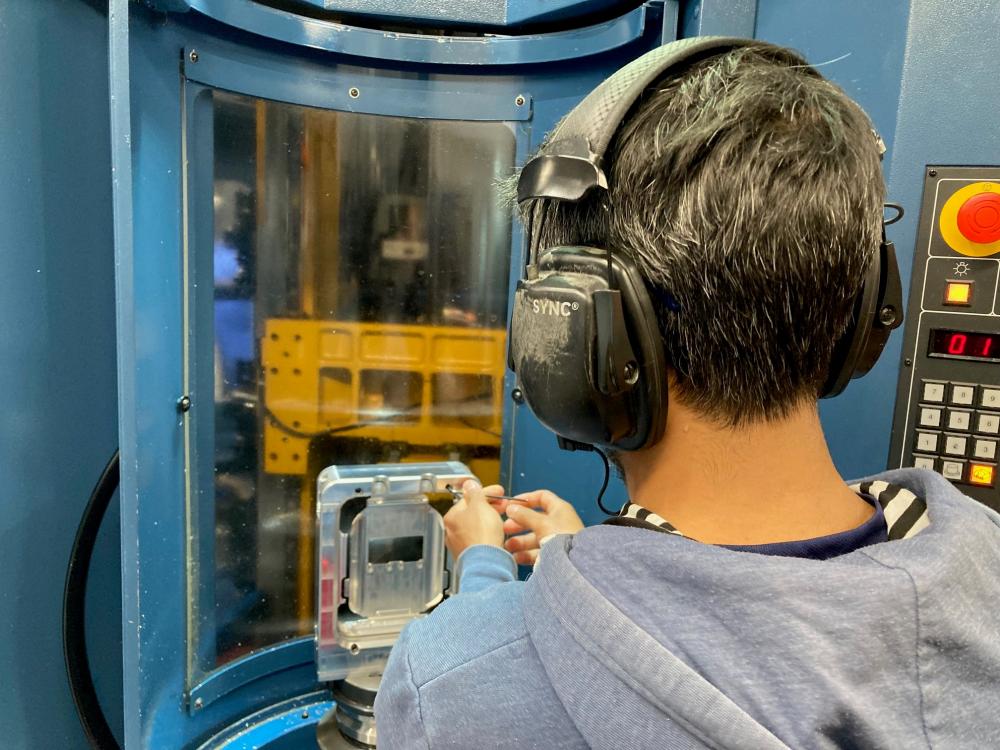
While some rapid prototyping methods might offer faster turnaround times for simple parts, CNC machining provides a good balance between speed, precision, and scalability for a broader range of projects.
It's important to be realistic with lead times. Reputable CNC machining companies typically deliver parts within 4-6 weeks, and shorter lead times often come with compromises in quality or cost.
4. “All CNC machining providers offer the same quality”
Myth: CNC machining will always provide the same results.
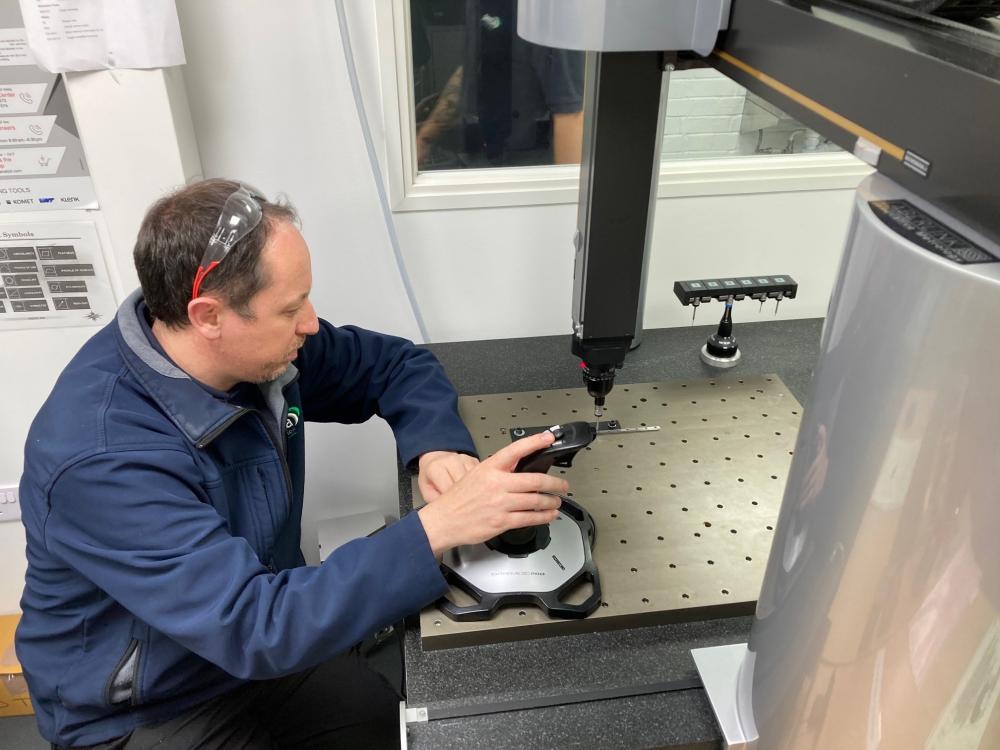
Reality: whilst it would be tempting to assume that all CNC machining services are equal, the reality is that quality can vary significantly depending on expertise, accreditations (such as ISO9001), equipment, and perhaps most importantly but often underrated, quality control processes.
Robust quality control procedures ensure consistency and minimise the risk of defects.
I really do recommend spending some time vetting prospective CNC machining companies as consistent quality is too important to overlook.
We’ve given you some help with this as we’ve created a checklist of the questions you can ask to help you dig deeper into a potential supplier’s quality credentials.
5. “CNC machining is limited to metals”
Myth: if I had a pound for every time someone told me they thought CNC machining was only for metal components!
Reality: not only is this not true but I’d even go as far as saying that CNC machining offers the broadest range of material options amongst its manufacturing competitors.
CNC machining is highly versatile and capable of working with a wide range of materials, including, perhaps surprisingly, plastics. In fact, around a third of the parts we manufacture here at Penta are machined in plastics.
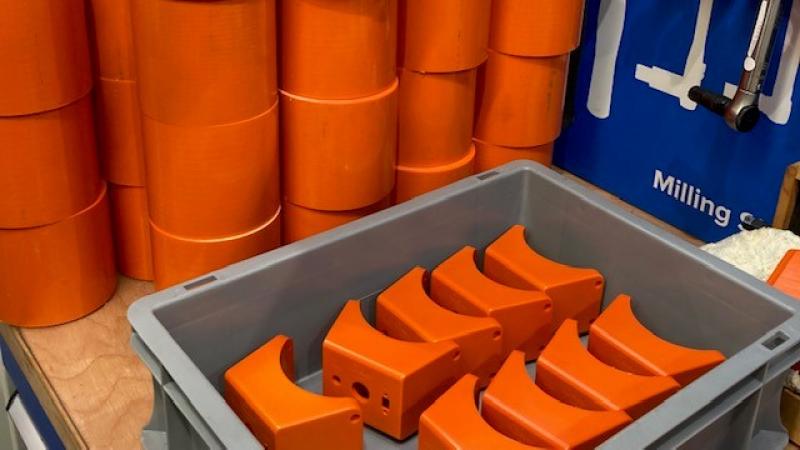
To give you an idea of material options for CNC machine parts, at Penta we work with a whole range of aluminium, stainless steel, plastic, titanium, copper, bronze and brass grades. Our Materials Resources section of our website is a great starting point for your material research.
The ability to work with diverse materials opens CNC machining to various applications across different industries including aerospace, marine technology, medical and pharmaceutical, military and defence and OEM component manufacture, to name a few.
Conclusion
By debunking these common misconceptions, I hope I’ve shed light on the true potential of CNC machining as a versatile and cost-effective manufacturing solution.
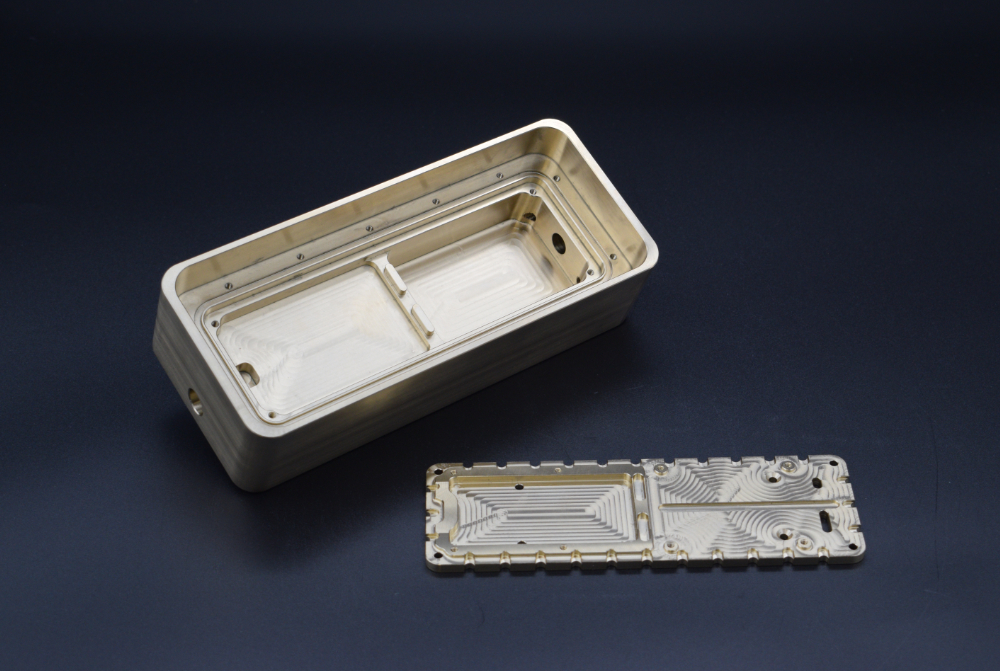
Here at Penta, we offer a comprehensive suite of CNC machining services including:
- Prototype through to medium batch production in CNC milling and turning
- Design for manufacturability – analysing your design and making recommendations to optimise for cost, machining efficiency and function
- One-stop shop – machining and finishing of your parts
If you’re unsure whether CNC machining is the right fit for your project, or have any questions about our services, please do get in touch with my team – call 023 9266 8334 or email .